The toilet almost always seems like the best place to get rid of items, especially when there’s dirt on them. But this can be the worst thing you could ever do to your plumbing system. Certain items don’t belong in the toilet, and these are the worst of them all to flush down.
Dental Floss
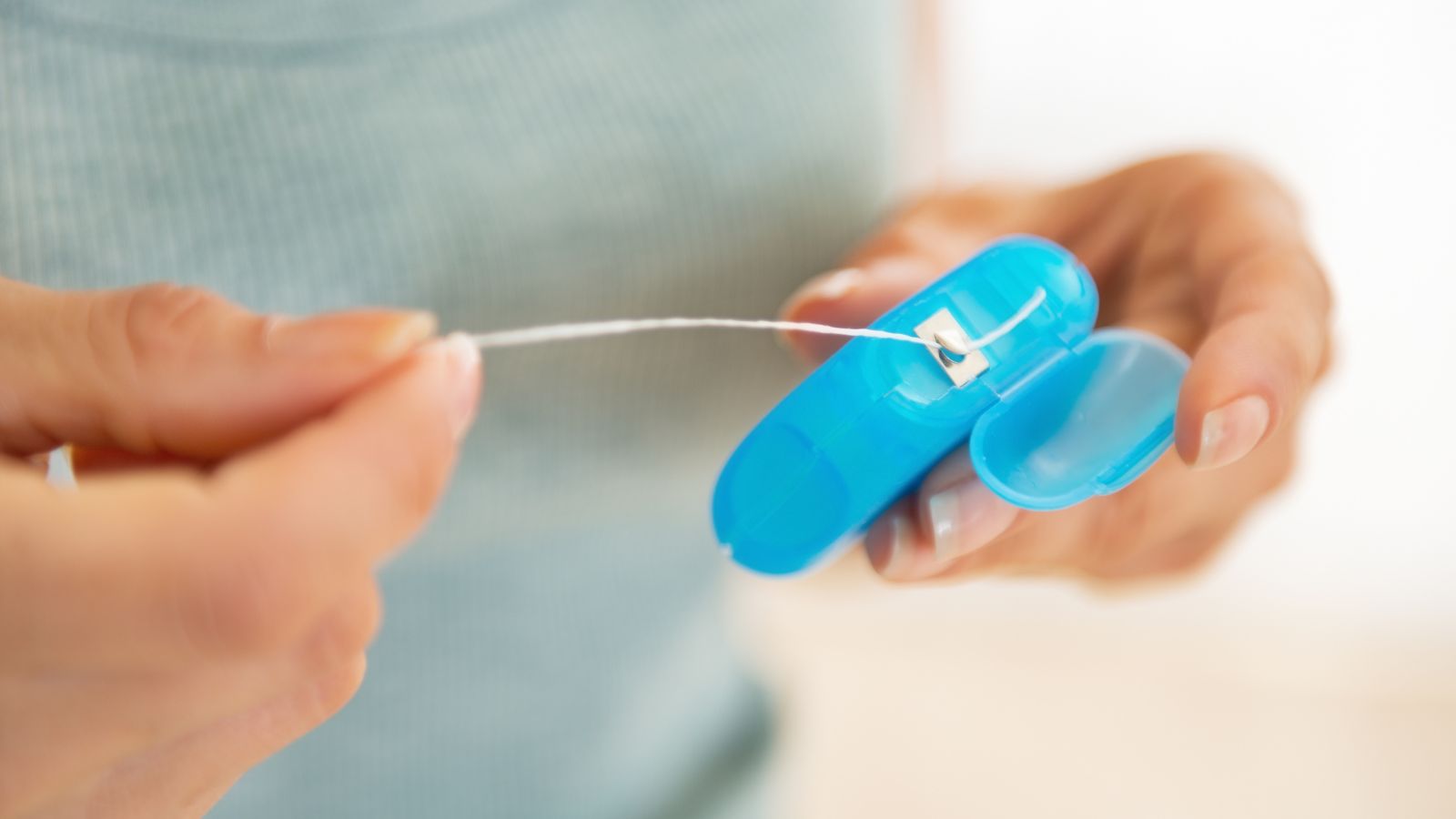
Reading from Huffpost, we learn that “dental floss is made of nylon or Teflon and isn’t biodegradable. Because it doesn’t break down, it can cause serious clogs and environmental damage when flushed down your home toilet.” To avoid these plumbing and environmental issues, always throw floss in the bin as well.
Cotton Swabs
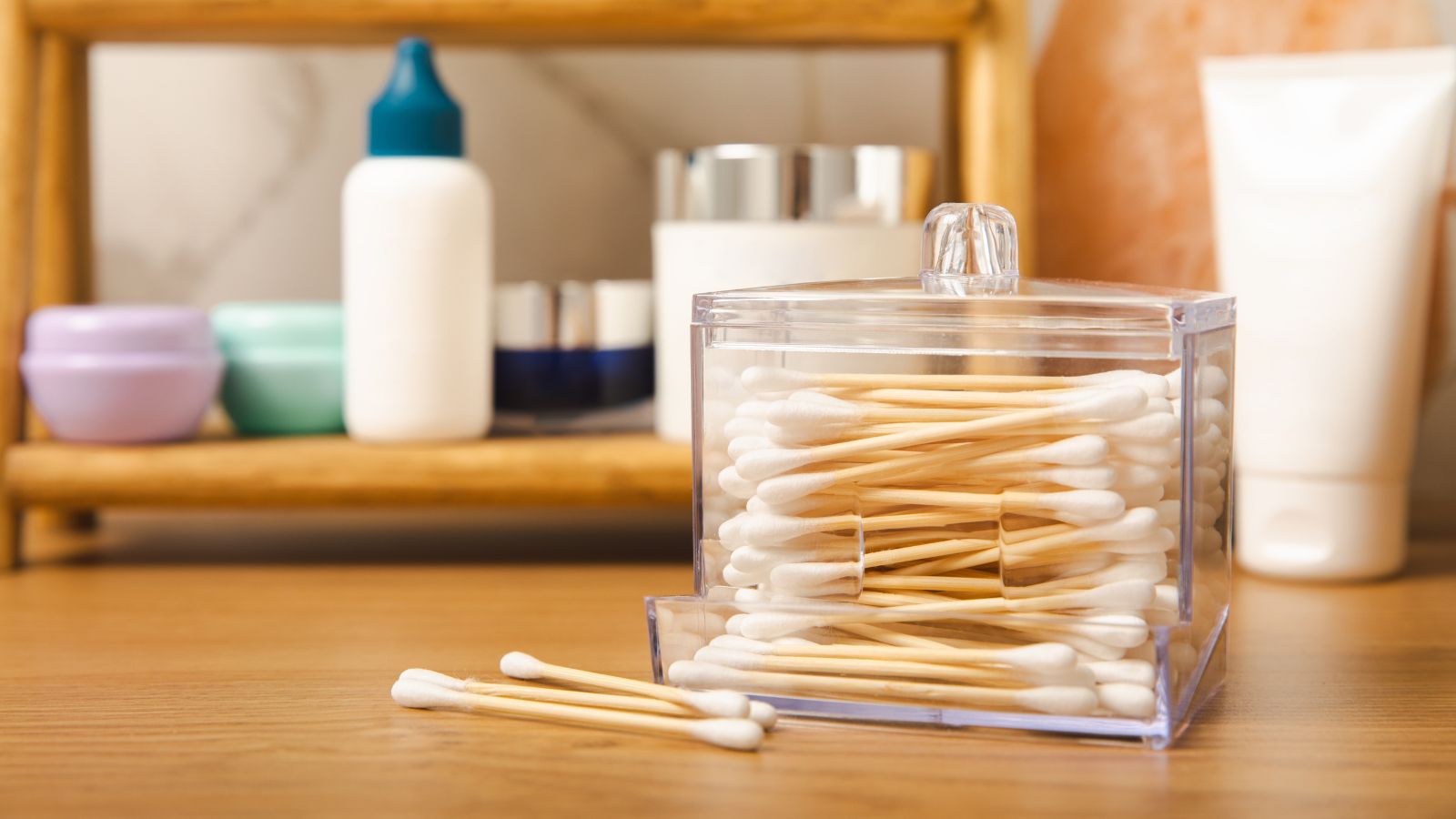
Cotton swabs look small and harmless, but they don’t dissolve in water and can easily lodge in pipes. They also collect other debris that passes through pipes, eventually clogging your toilet. Moreover, the plastic sticks on them are dangerous to marine life.
Feminine Hygiene Products

Products like tampons and pads are designed to absorb moisture. They also expand when they do this, which means they can easily block pipes. Even when they make it through the pipes, large quantities can damage sewage treatment plants, so it’s always best to dispose of them in the trash bin.
Cat Litter
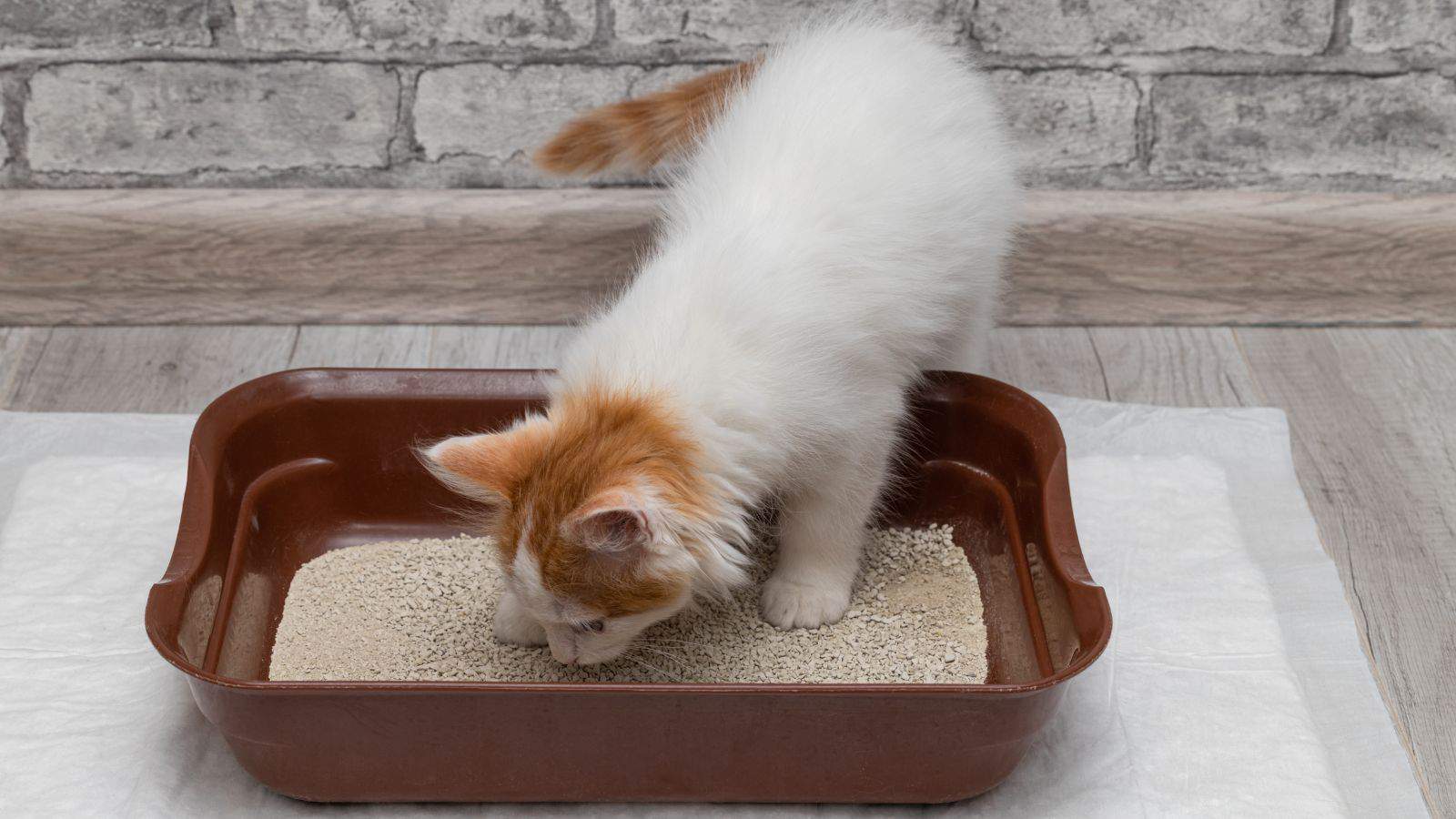
Cat litter is also unsuitable for flushing, as it is designed to clump and absorb moisture. This can cause severe blockages in your plumbing and damage sewage treatment facilities. You should consider using biodegradable litter to minimize environmental impact and dispose of cat litter in the trash.
Hair
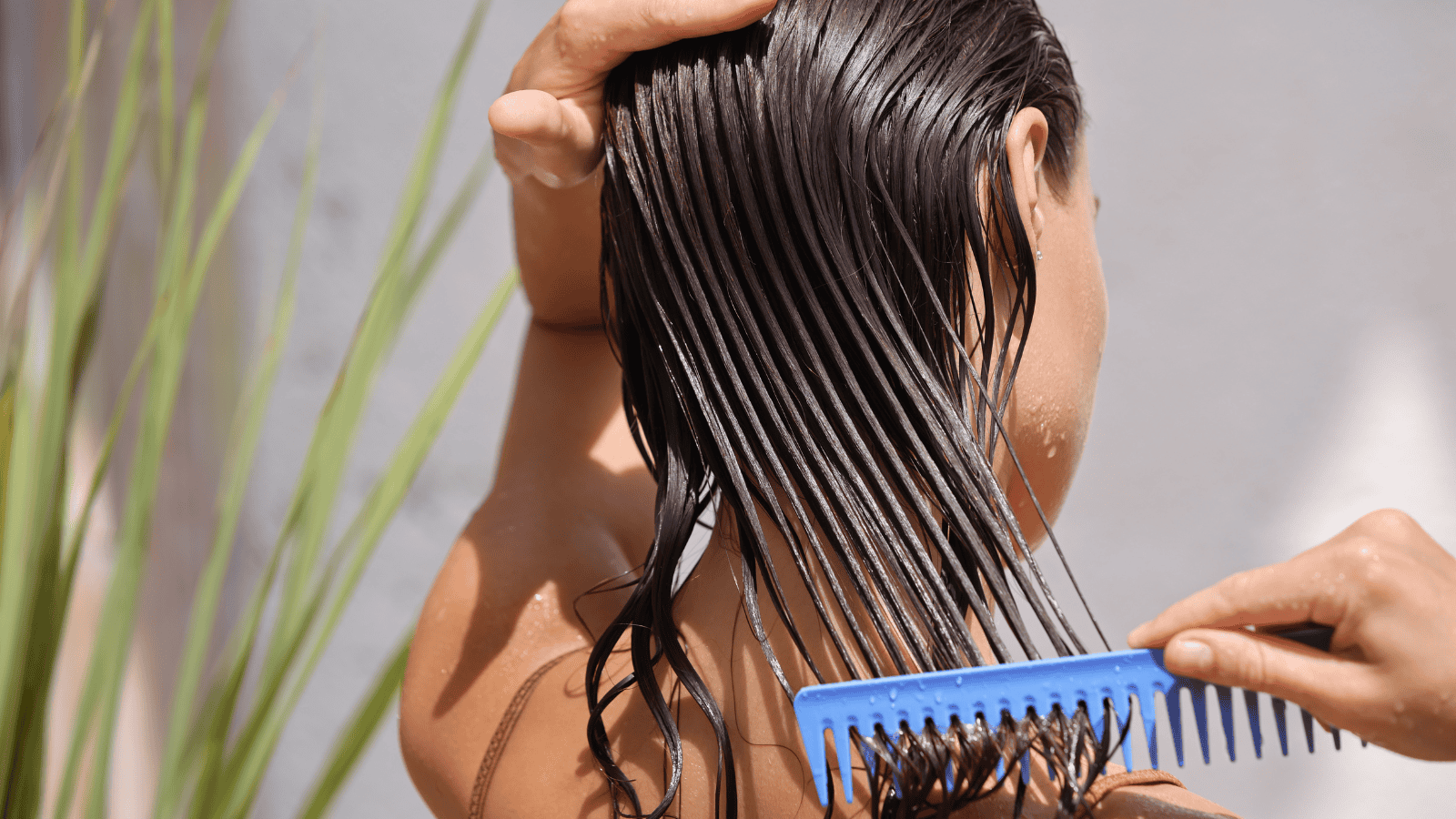
Hair doesn’t dissolve in water and clumps together to form large balls, and like cotton swabs, it also catches onto other debris. This means you have a higher risk of clogging up your pipes when you keep flushing hair down the toilet. Sometimes, you may need more than just vinegar and hot water to free up your plumbing system.
Cigarette Butts
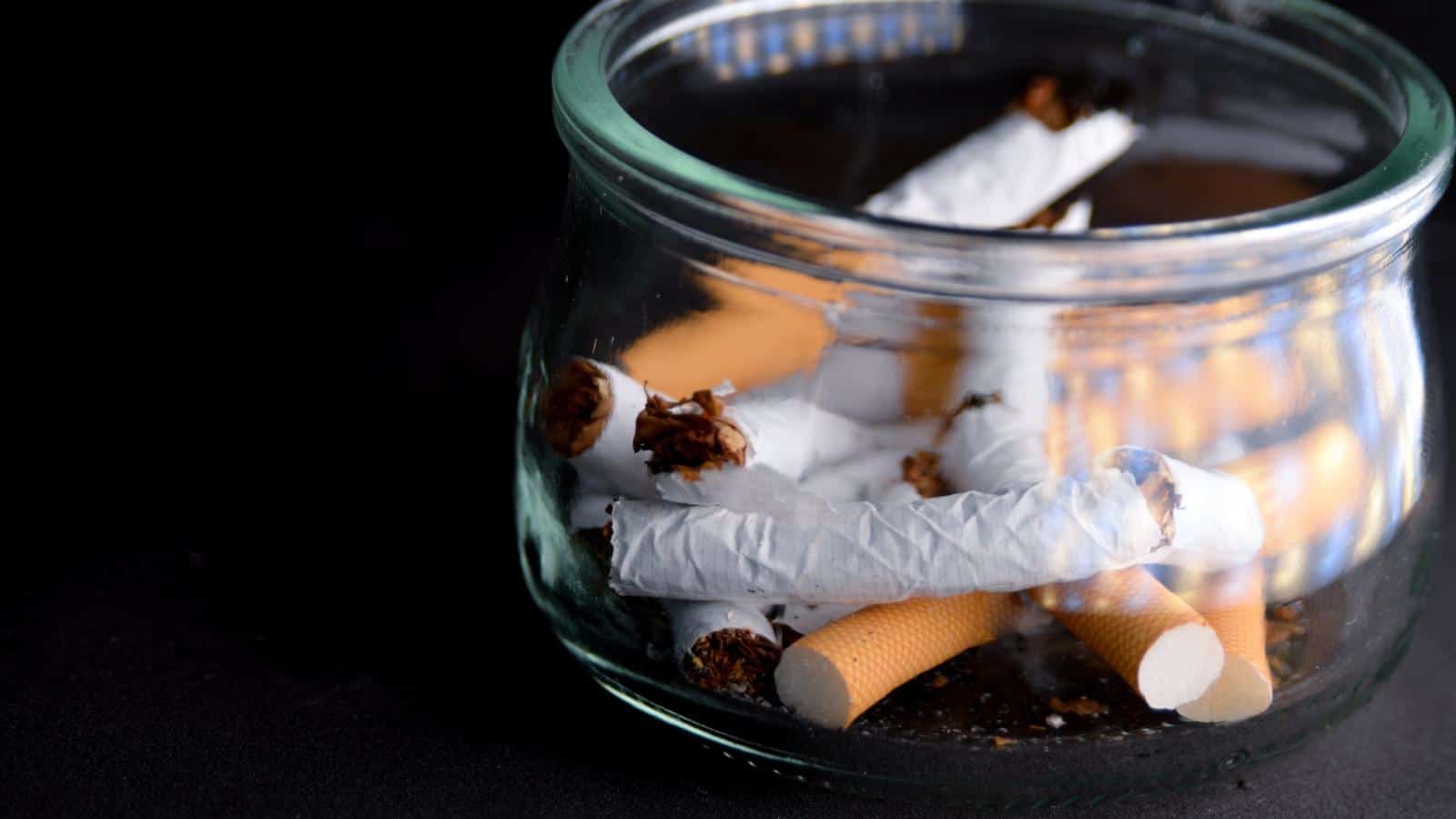
Cigarette butts contain toxic chemicals that can leach into the water supply, harming aquatic life. They also do not break down easily and can cause blockages in your pipes, and this is especially true with filtered or plastic-tipped cigarettes. Always dispose of cigarette butts in the trash, or consider using an ashtray to collect them.
Medications
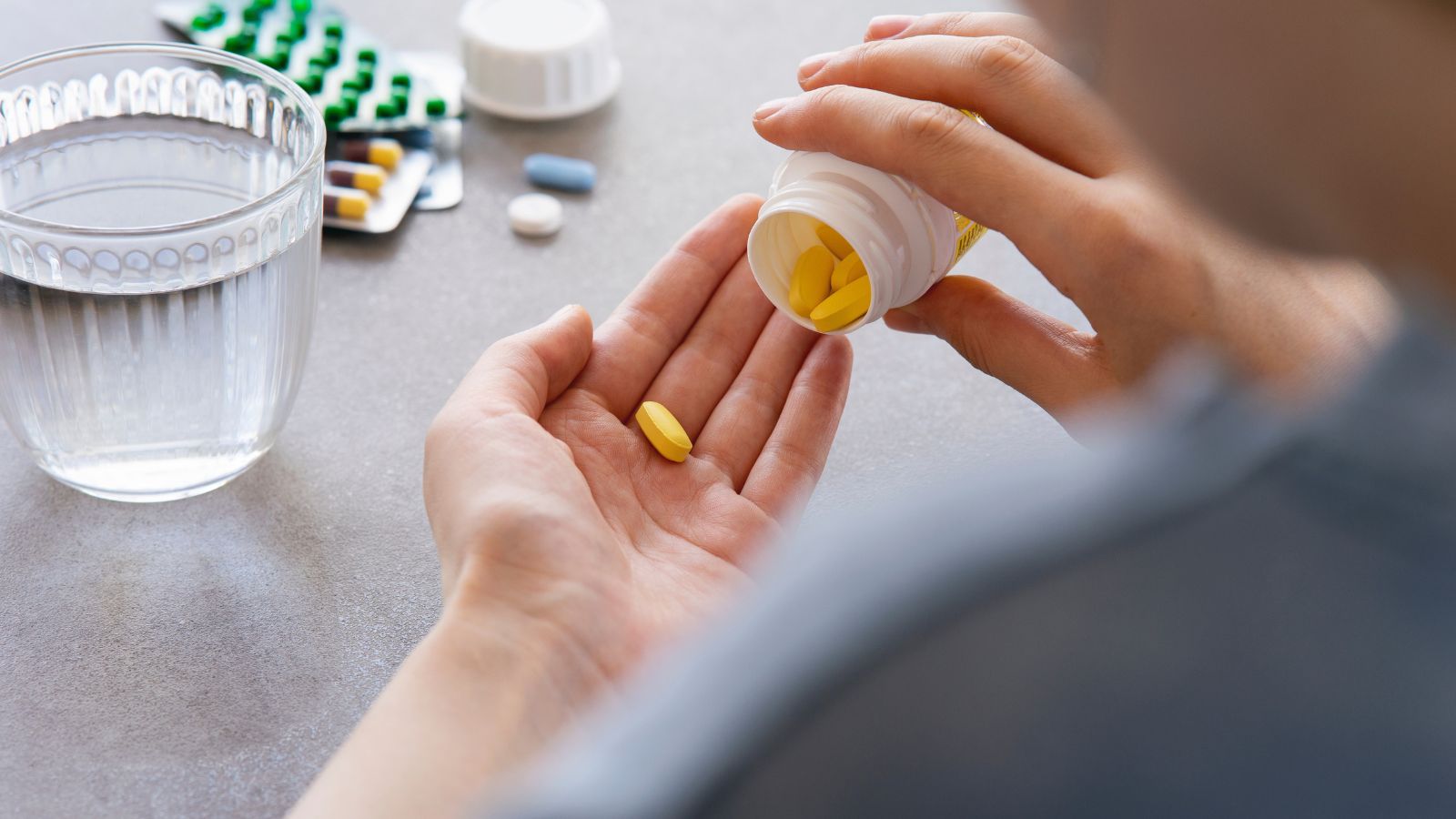
Flushing medications can introduce harmful chemicals into the water supply. Moreover, water treatment plants are not equipped to remove all pharmaceutical substances, which can harm aquatic life. Instead, you should take unused or expired medications to a pharmacy or a designated disposal site.
Wet Wipes
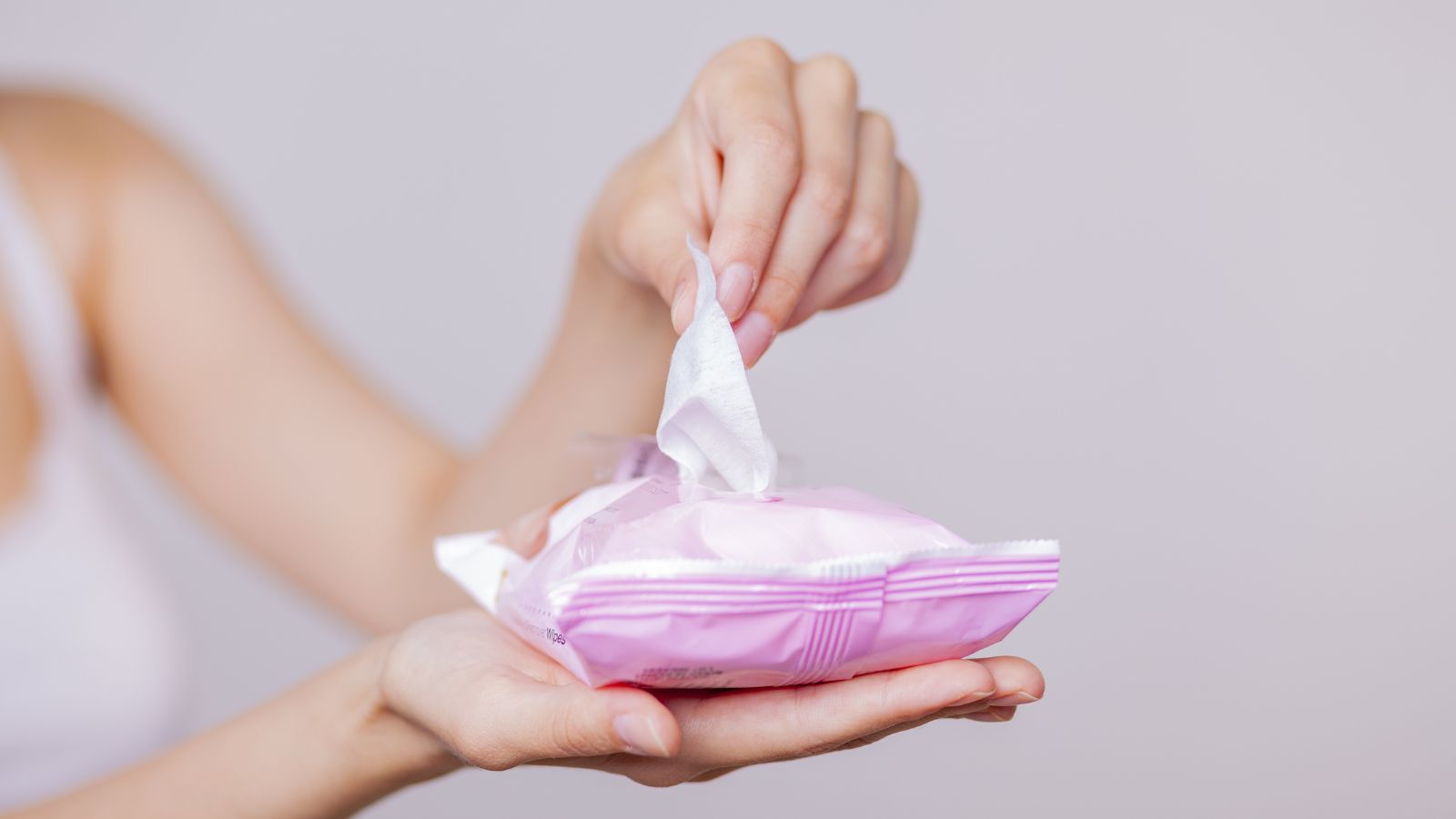
Even wet wipes labeled as flushable do not break down like toilet paper. They can cause clogs and backups in your plumbing system, forcing you to take on costly repairs and deal with environmental issues in the long run. Additionally, these wipes contribute to fatbergs in sewers, which are large masses of solid waste that block sewer pipes.
Paper Towels
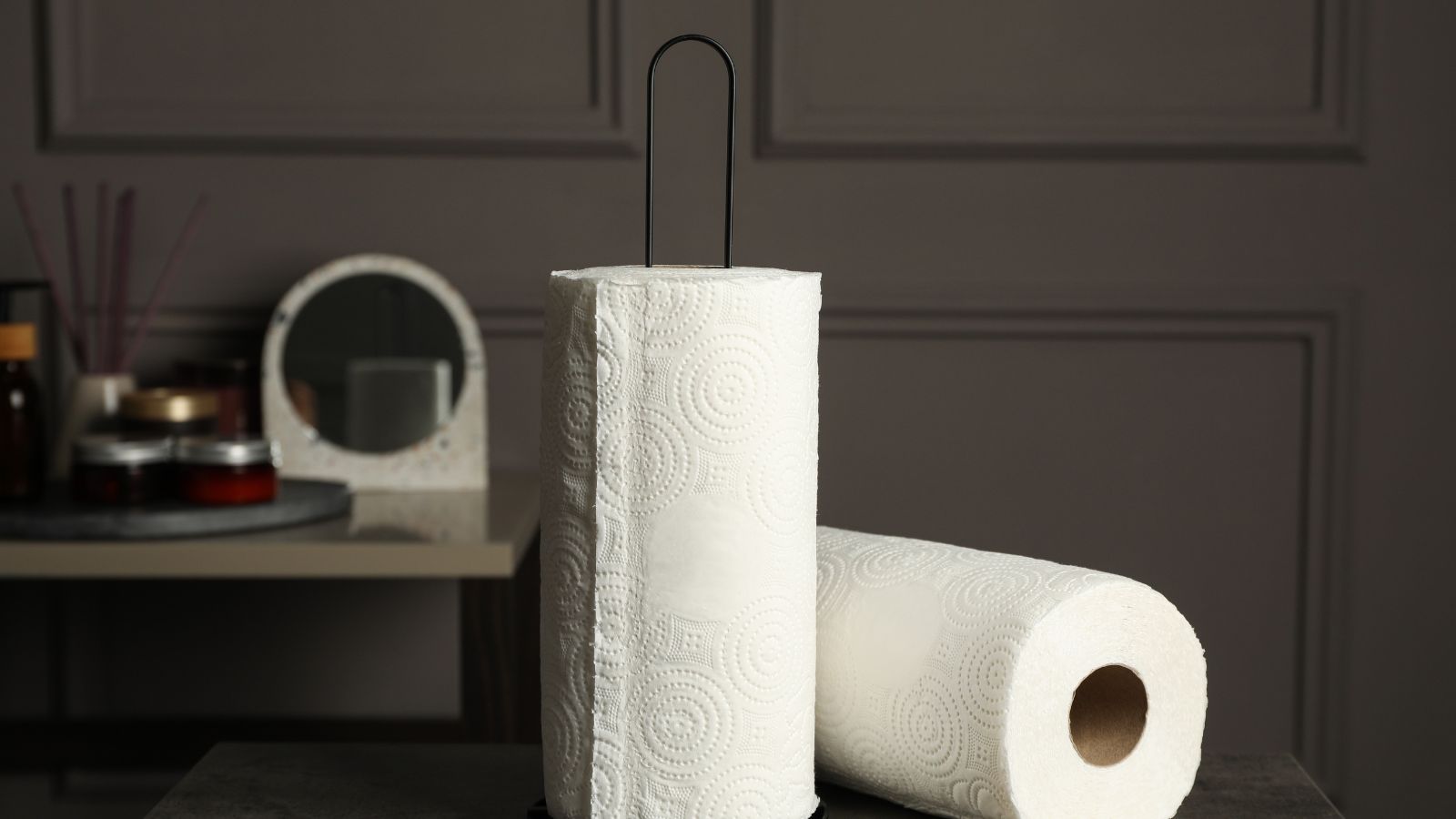
Paper towels are thicker and more absorbent than toilet paper, and as they do not break down easily, they can also cause blockages. Dispose of paper towels in the trash to avoid clogs and plumbing problems, and you can also consider composting as another option if the paper towels are free from chemicals.
Condoms
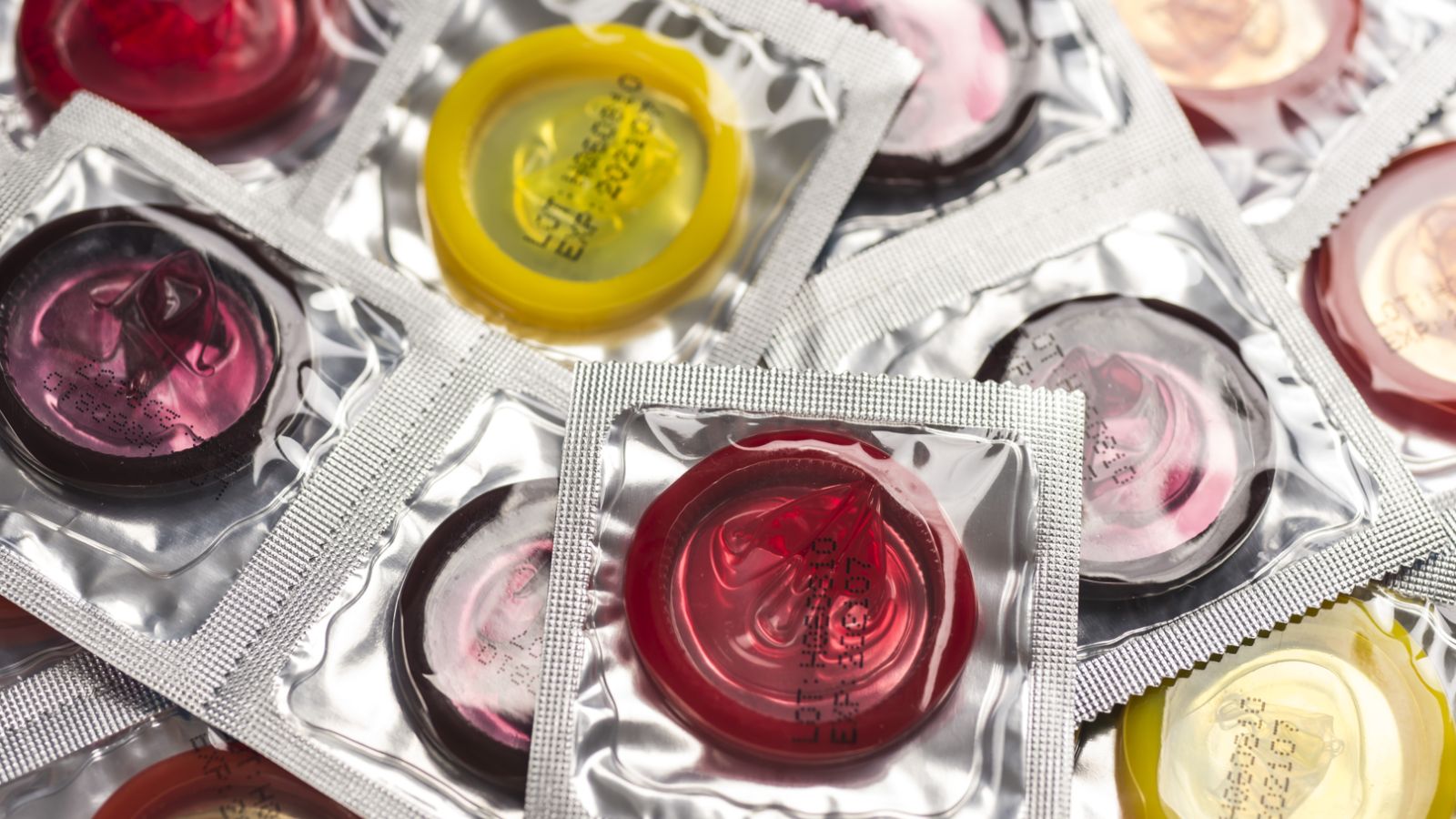
Condoms are made of latex, which does not break down in water. They can also cause clogs, contribute to environmental pollution, and cause plumbing issues. To ensure safe disposal and protect your plumbing system, always wrap used condoms in tissue and throw them in the trash.
Diapers
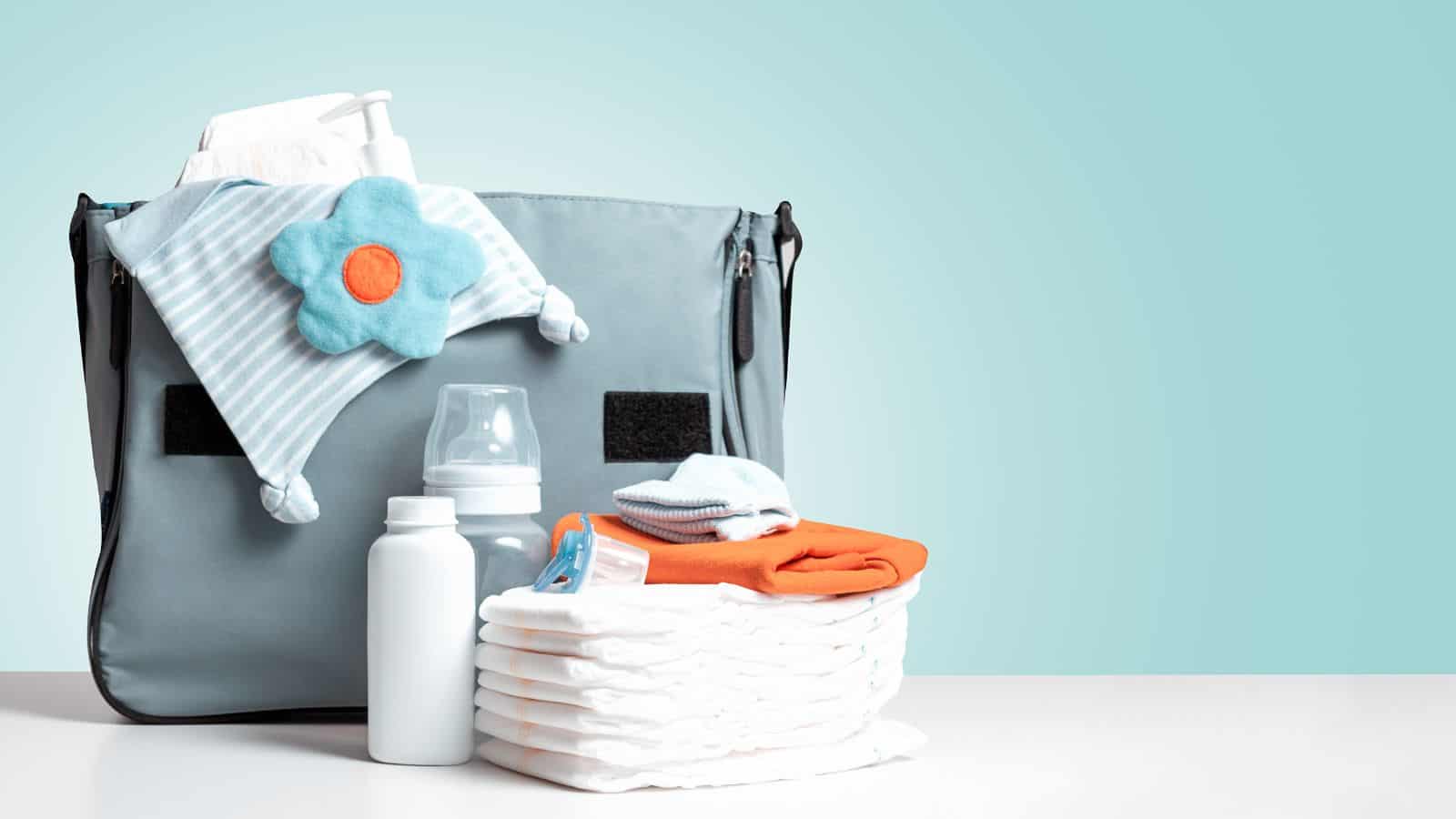
Diapers, like some female hygiene products, are made to absorb and expand when wet, which can quickly block pipes and cause other serious plumbing issues in no time. You should always throw diapers in the trash and also use diaper disposal bags for the most hygienic disposal.
Cooking Grease
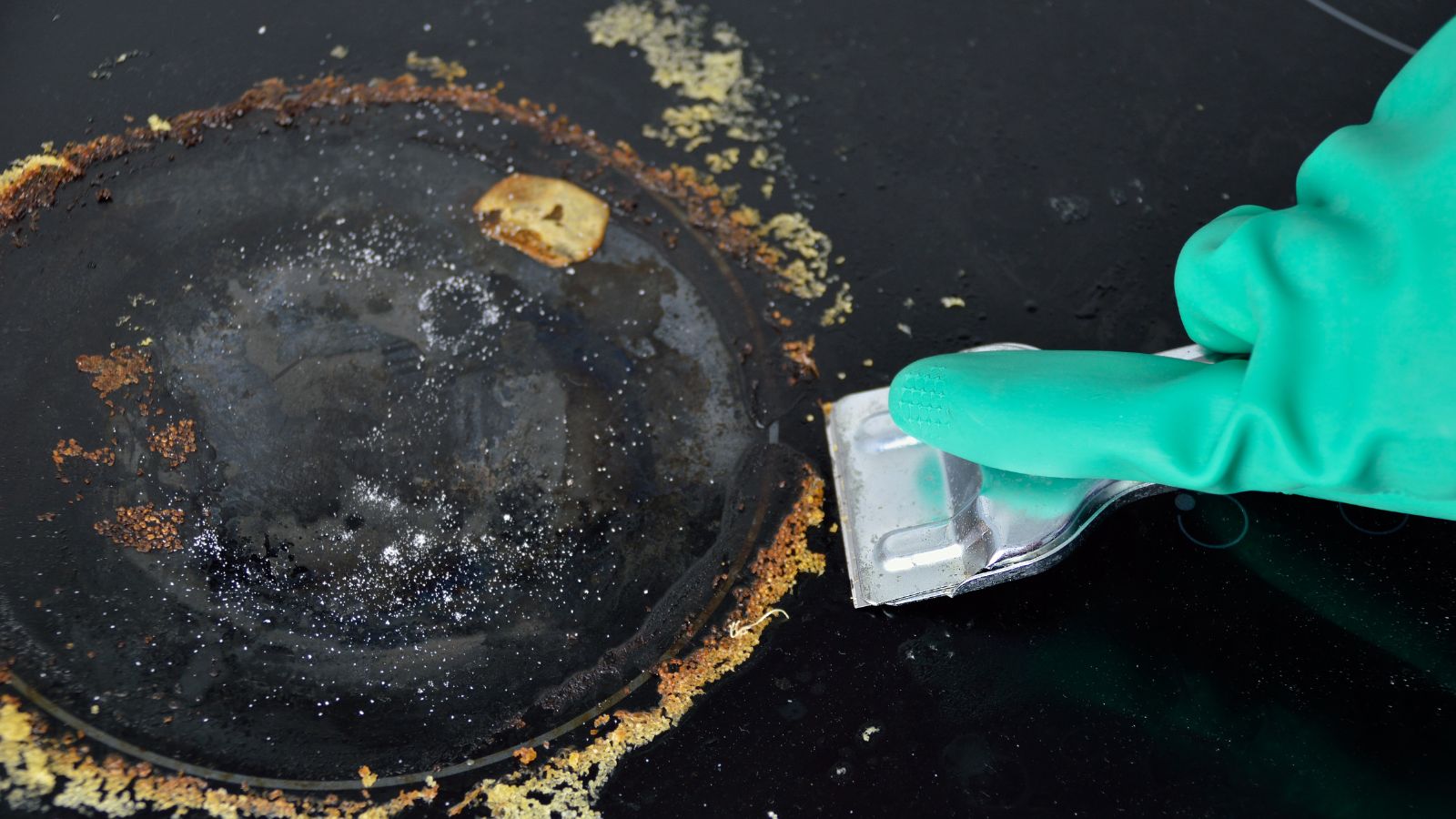
Pouring cooking grease down the toilet causes it to solidify and harden in the pipes when cool enough, which can lead to fat buildup and eventual blockages. Grease can also stick to the sides of pipes and collect other debris coming through. So, to avoid these issues, you should always dispose of it in the trash after it solidifies or try to reuse it when possible.
Food Scraps
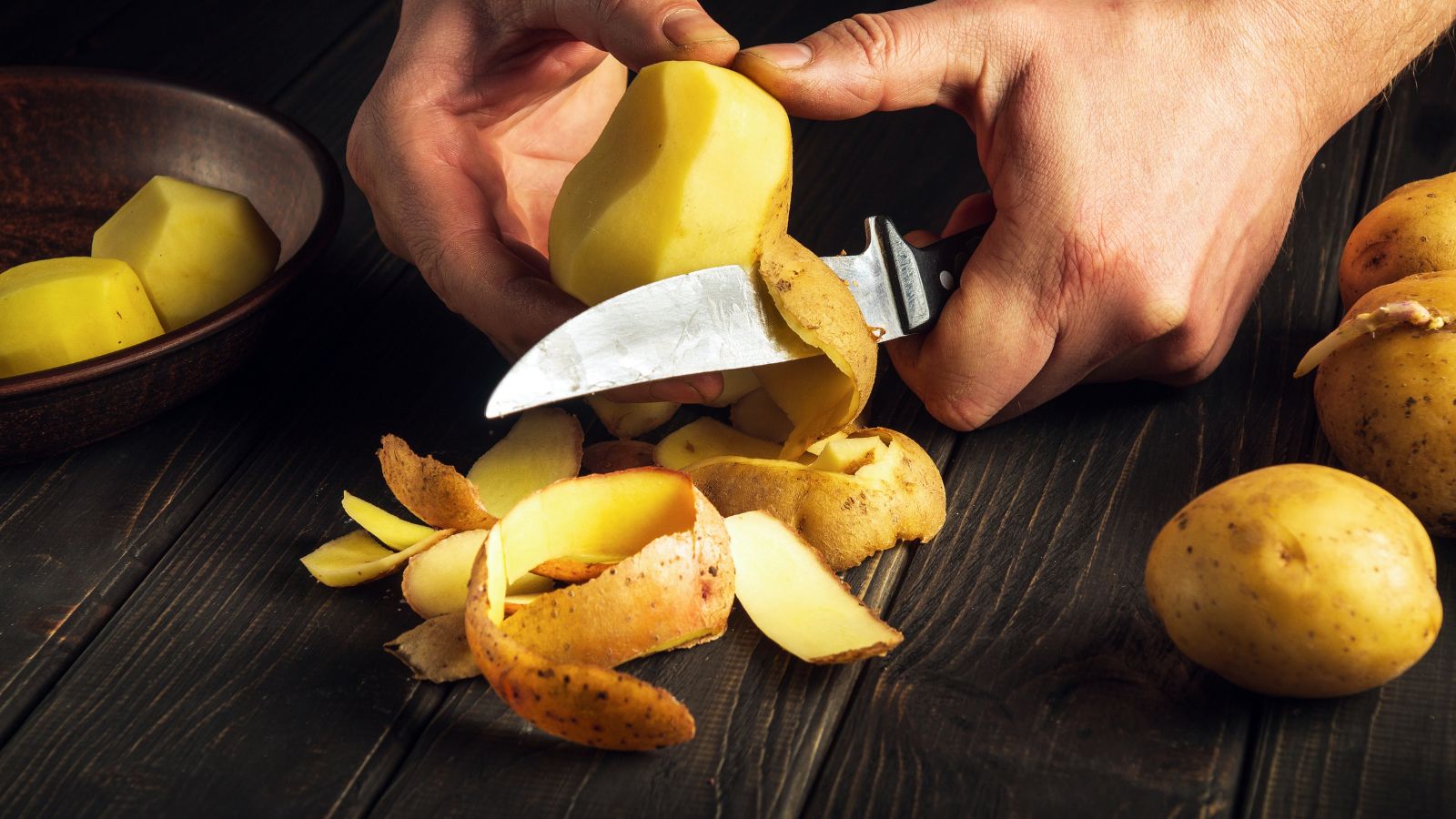
Food scraps do not break down easily and can also cause blockages in your pipes. Even small particles can accumulate and eventually create large clogs. So, to prevent clogs, always compost food scraps when possible or simply dispose of them in the trash. While hot water can help you in minor cases, you may eventually be forced to spend on professional services.
Chewing Gum
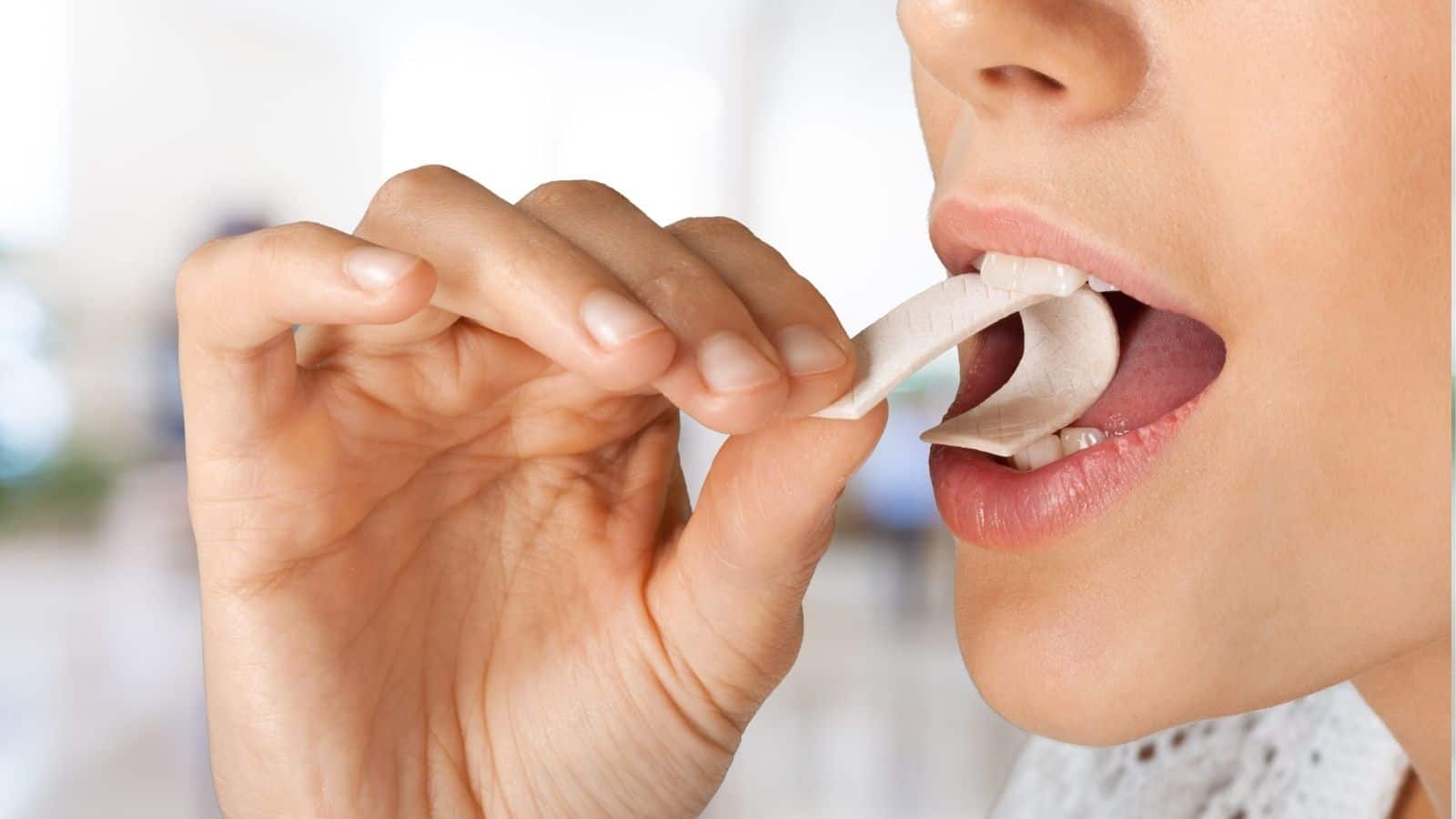
Chewing gum does not break down in water and can stick to the inside of pipes, which can lead to blockages. Always dispose of gum in the trash to keep your plumbing clear and avoid environmental pollution. Also, consider wrapping it in paper before disposal for added hygiene.
Stickers and Labels
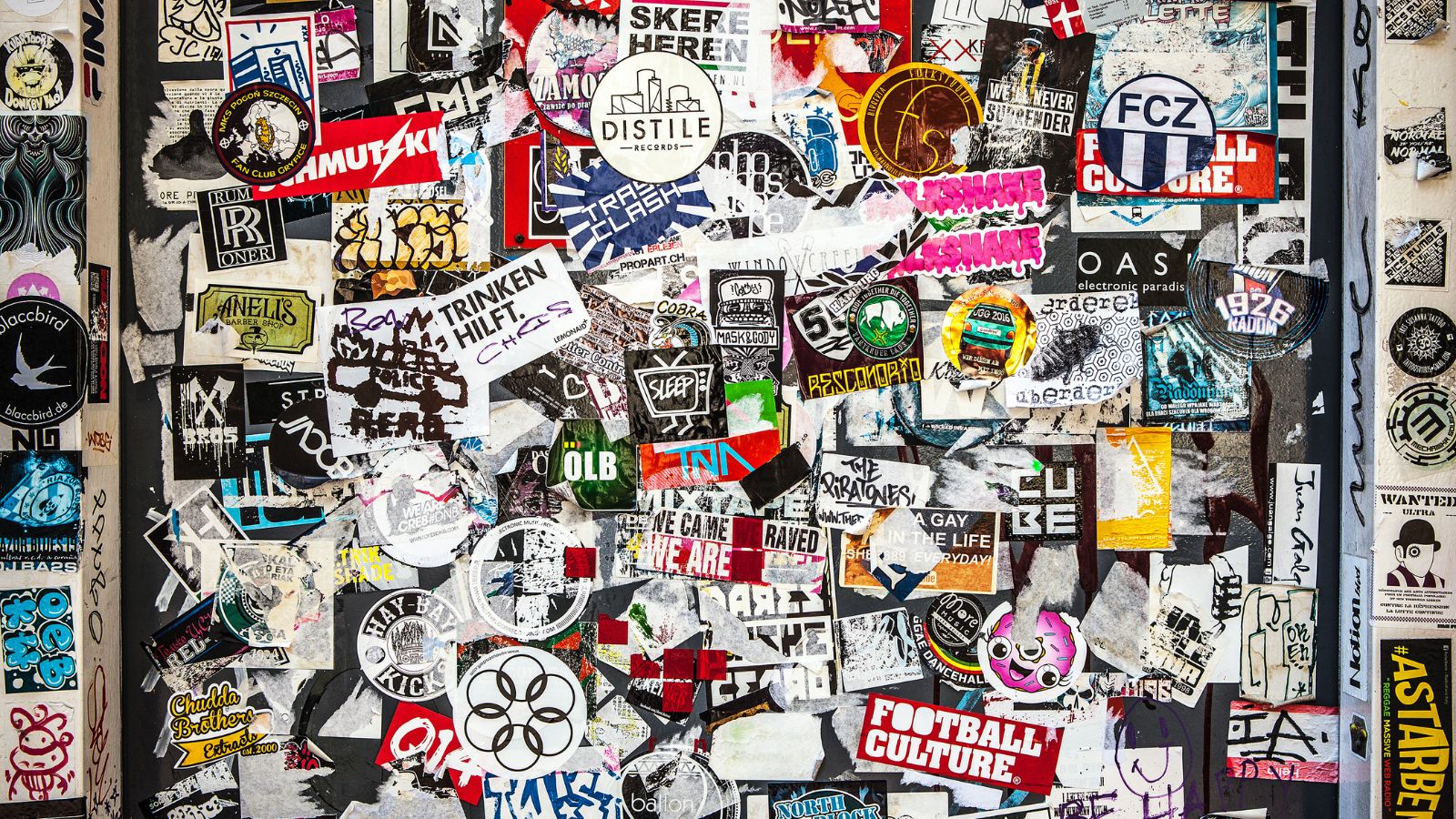
Stickers and labels do not dissolve in water and can cause blockages. The adhesive can also stick to the pipes, exacerbating the problem and leading to plumbing issues. To avoid clogs, dispose of stickers and labels in the trash. If possible, recycle paper labels, removing any adhesive residue first.
Bandages
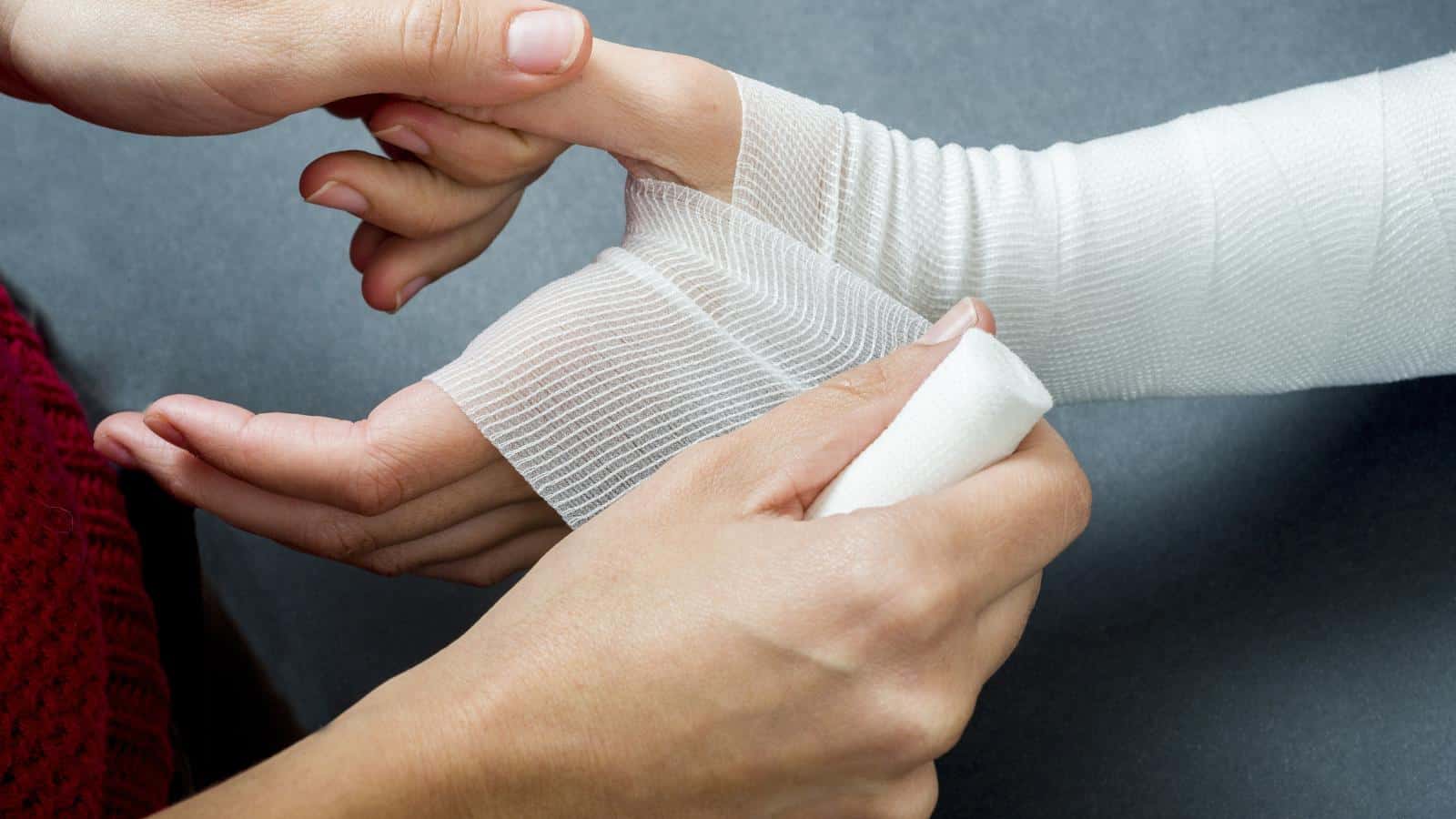
Bandages are made of materials that do not break down in water, and because they can cause blockages due to this, they should also be disposed of in the trash. This is especially true when you consider that they have strong adhesives and can collect debris coming through.
Plastic Items
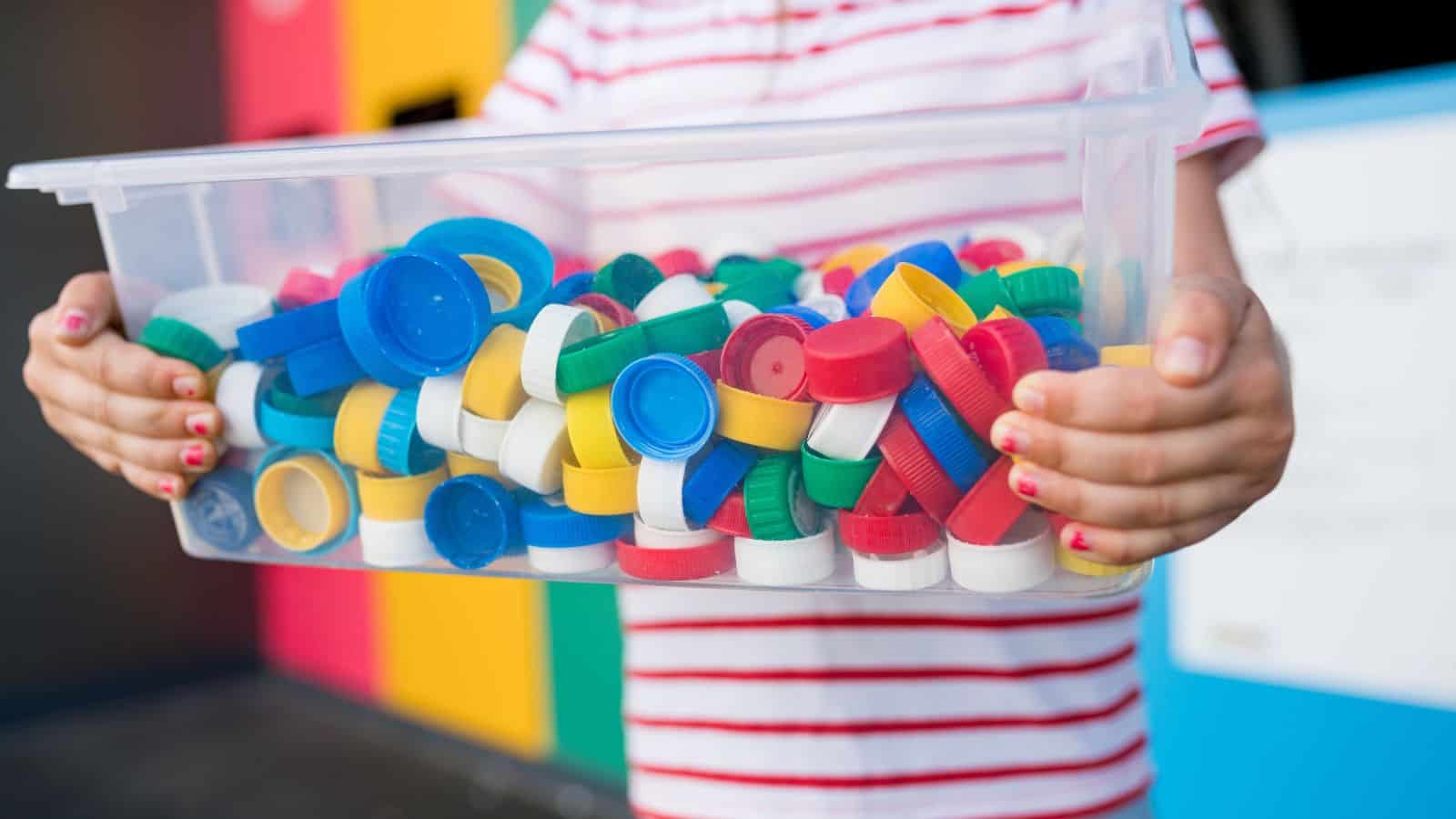
Small plastic items, such as straws or bottle caps, do not break down in water and can cause significant blockages in your plumbing. Even when they make it through, they can contribute significantly to environmental pollution. So, always recycle plastic items if they’re appropriate for recycling or dispose of them in trash cans instead.
Rubber Items
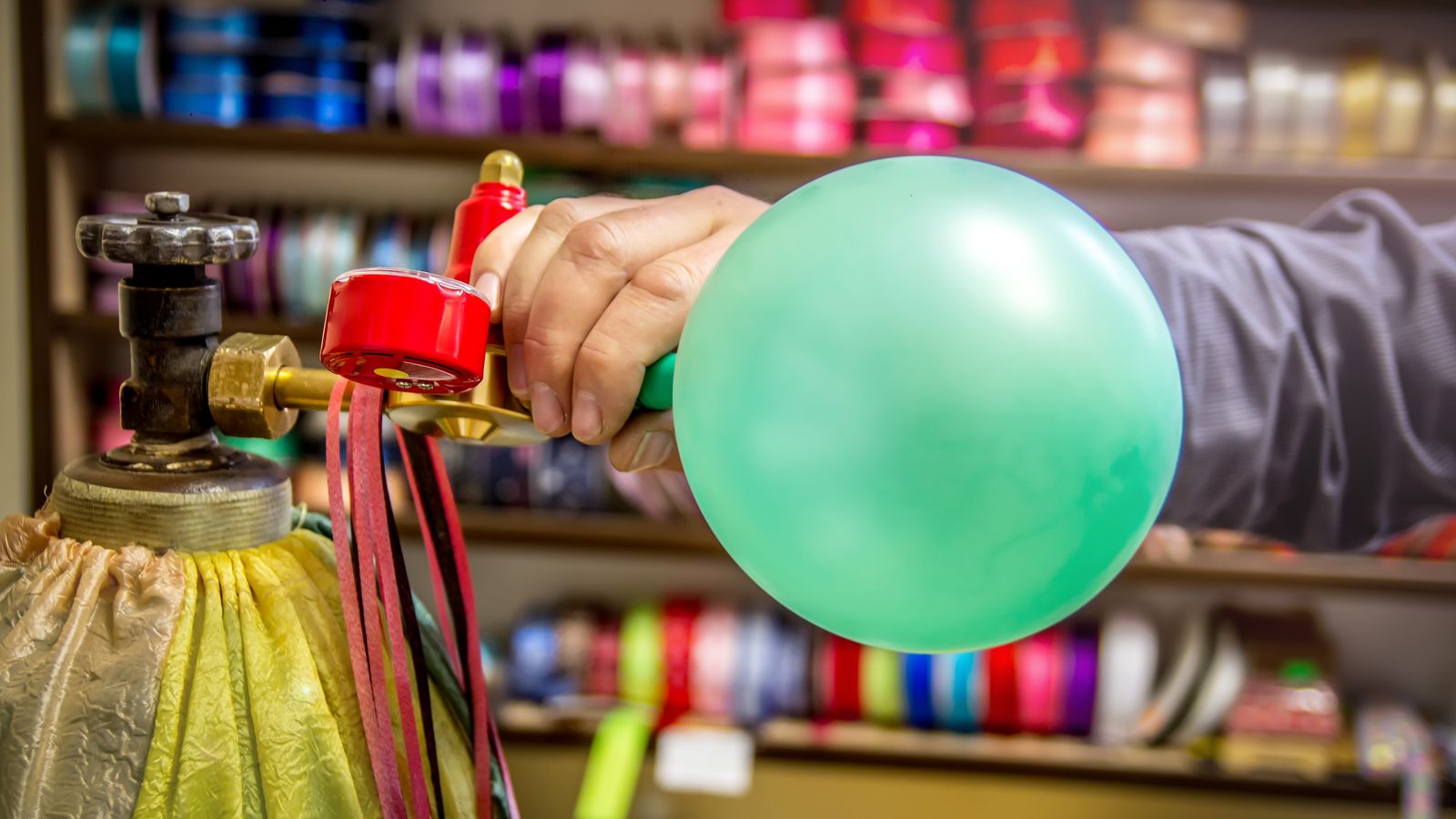
Rubber items, such as balloons or rubber bands, aren’t biodegradable, especially in water; hence, they can cause significant blockages in your pipes. Rubber items should be thrown in the trash, and for the best results, you can opt for biodegradable alternatives to reduce harm to the environment as well.
Up Next: 20 Personal Things You Should Never Share With Others

Building meaningful connections with others requires a certain level of transparency and trust, but that doesn’t mean you have to tell your friends and family members everything! Some aspects of our lives are too personal, incriminating, or risky to share. This article explores 20 aspects of your personal life that you should always keep confidential.
20 Personal Things You Should Never Share With Others
18 Things Everyone Forgets to Include in Their Will—But Shouldn’t

Wills and estate plans are essential ways to ensure what will happen to your belongings and property when you die or are incapacitated. However, people often forget to include important information in their wills before it’s too late, complicating matters for their descendants. Here are the 18 common things people forget to include in their will.
18 Things Everyone Forgets to Include in Their Will—But Shouldn’t
18 Items at Walmart that Aren’t Worth Your Hard-Earned Money

For many of us, Walmart is the go-to superstore. Whether we need groceries, clothing, or technology, Walmart is a one-stop shop for everything you would need. However, there are some Walmart products you should avoid at all costs, such as the following 18 examples.
18 ITEMS AT WALMART THAT AREN’T WORTH YOUR HARD-EARNED MONEY
